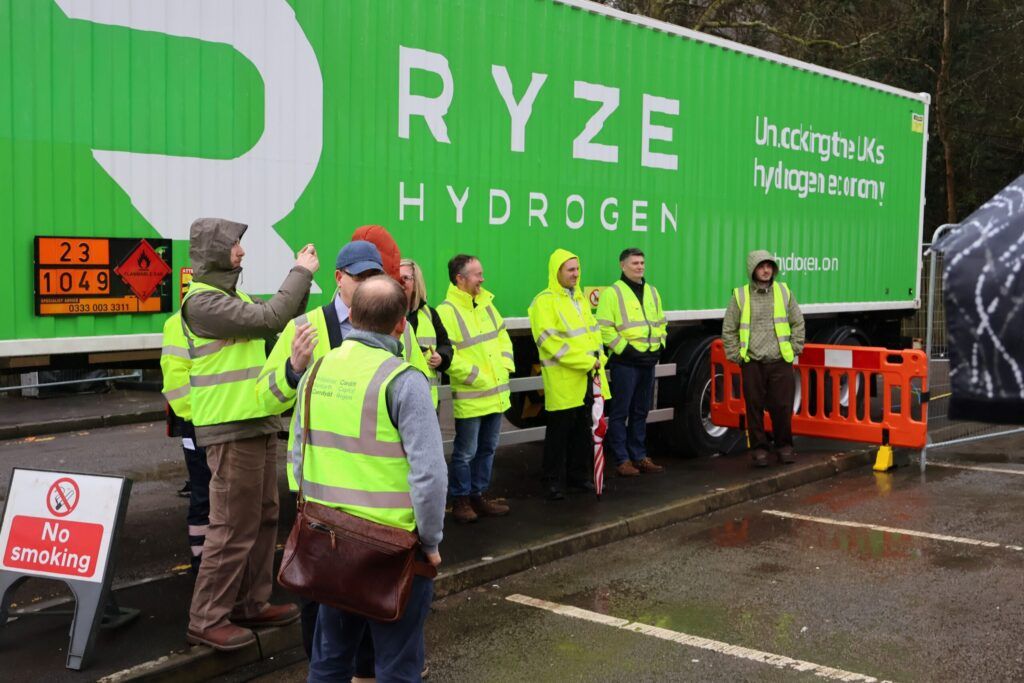A new report by the Chartered Institution of Highways and Transportation (CIHT) reveals how the highways and transport sectors have reduced greenhouse gas emissions as well as giving insights and tools into how it has been achieved.
Conclusions and recommendations include reducing the need for carbon-intensive construction, reducing the demand for travel, consistency and comparability of carbon accounting and developing a better understanding the winder benefits of carbon action.
The report features many case studies showing how organisations, projects, and programmes across the highways and infrastructure sectors have set themselves up for success and how they have delivered specific actions to reduce emissions through the asset life cycle.
It also provides insight into new tools, materials, and ways of working that are being used in the drive to decarbonise the highways, transport and infrastructure sector.
The study aims to offer transportation professionals with a collection of practical examples of what can be done, backed up by hard data on the level of emissions reductions that have been achieved.
Sue Percy, Chief Executive CIHT said: “Surface Transport is the single biggest source of greenhouse gas emissions in the UK – responsible for 26% of emissions in 2021. To make reductions of this scale and at this pace we need to identify quickly what works and if it can be copied in other locations.
“Our latest report shares real world experience from across the CIHT partnership network about how highway authorities and their supply chain partners have reduced transport related carbon emissions via a wide range of measures including low carbon materials, logistics planning, electrification of construction plant, transport planning, procurement, innovative design, muti-partner collaboration, and reforms to codes and standards.”
Graham Storrie, Managing Director, Project Centre said: “As mindful decarbonisation and Net Zero remain high priorities on most organisational agendas, this report provides valuable insights around the reduction and ultimately, elimination of those GHG emissions associated with the planning, design, construction, maintenance, and operation of transportation systems and infrastructure.”
William Bowers, Carbon Advisor, Balfour Beatty Major Projects and Highways said: “Effective collaboration and knowledge sharing will be critical in accelerating progress towards Net Zero. The CIHT guidance paper will help provide our industry partners with the structure and solutions required to make significant headway on their individual decarbonisation journeys.”
Ed Godsiffe, Head of Sustainability, Milestone Infrastructure (part of M Group Services’ Transport Division) said: “This report shows what we can all do as transport professionals in our industry to drive meaningful change within the sector, delivering significant reductions, at scale and at pace.”
Image from Shutterstock












